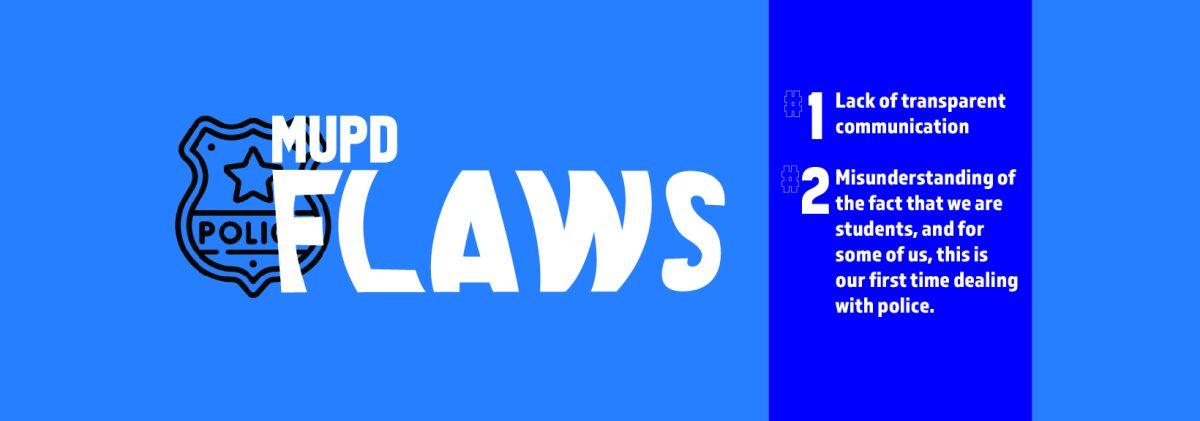The University of Missouri, vandalized with a feces swastika in October of 2015 and funded by a state in which senate candidate Tom Schweich was [driven to suicide](http://www.rollingstone.com/politics/news/death-and-politics-did-a-vicious-campaign-drive-a-candidate-to-suicide-20160226) amidst rumors regarding his Jewish identity, seems unable to rid itself of its anti-Semitism and Islamophobia. In the past months, Mizzou has borne witness to several incidents of hatred, culminating most recently in the arrest [of two students](http://www.columbiatribune.com/b59747be-fe07-11e6-86a6-bfddf53e4655.html) following their prolonged harassment of a Jewish student in McDavid Hall.
And yet, an unmistakable silence continues to characterize our administration’s response.
On March 14, the MU Department of Religious Studies hosted a [listening session](http://religiousstudies.missouri.edu/images/events/2017/a_time_to_listen.jpg) to discuss the recent incidents of religiously motivated attacks on campus, as well as to better gauge public sentiment surrounding these events. The department invited attendees to respond to a two-question survey regarding the campus climate and the administrative response to these attacks.
The [responses](http://religiousstudies.missouri.edu/doc/town-hall-findings.pdf) we received reported sentiments of fear and anger; we were not surprised.
Overwhelmingly, students mentioned fear for their safety, and for the safety and comfort of those around them, with a particular concern for campus minority groups. Students noted that the University of Missouri has become complacent in fighting hate crimes, and many expressed outrage that the MU administration’s tepid response was merely a shallow attempt to avoid bad publicity and not motivated by a genuine concern for its students and faculty. Finally, some felt that the normalization of hate on campus might also be linked to the election of President Trump.
The students whose voices are represented in these results deserve to be heard; yet they go unacknowledged. In addition to the publication of these findings on its website, the Religious Studies Department presented them to Provost Stokes, who has failed to respond. Dissemination to a plethora of additional administration members yielded only two responses, from interim Dean of Arts and Science Pat Okker and Faculty Council Chair Ben Trachtenberg.
Throughout our country’s history, silence has played a monumental role in exiling those whose problems the powerful have reasons to ignore. Silence has time and time again been a conscious strategy to avert direct responses to our nation’s phobia, such as during Reagan’s presidency and its refusal to meaningfully address the AIDS epidemic. AIDS activists responded with the slogan [“Silence = Death,”](http://www.sfgate.com/opinion/openforum/article/Reagan-s-AIDS-Legacy-Silence-equals-death-2751030.php) a slogan that other organizations and activists have [since adopted](http://www.advocate.com/hiv-aids/2017/1/17/lessons-learned-silence-still-equals-death). We will not let this silence characterize our university. Moreover, the routine apathy in the far-too-familiar chain emails will no longer suffice.
Each day of silence reveals the University of Missouri’s unwillingness to enter an era in which genuine resolve in the face of hatred is of central importance to our administration. Each instance of hatred our administration leaves unaddressed, or formulaically under-addressed, pushes our community further from the values of Respect, Responsibility and Excellence listed in [MU’s statement of values](http://missouri.edu/about/statement-of-values.php).
We demand a university that genuinely cares about the well-being of all its students, not one concerned with merely managing the brand.











